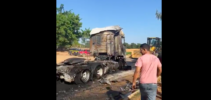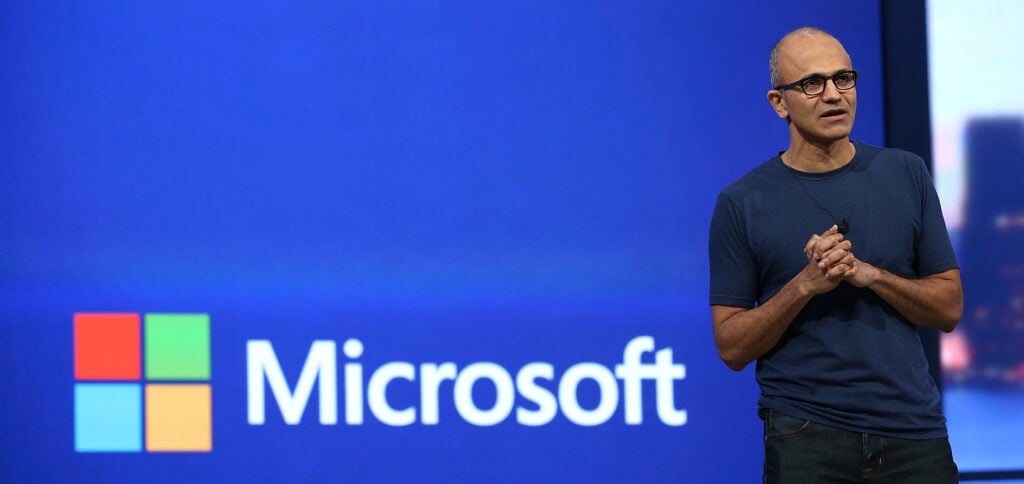“Democratic ideals in Brazil, even before Jair Bolsonaro's victory, were not completely consolidated. So, more than rebuilding what was destroyed with the setback of recent years, we need to continue advancing a truly democratic policy. We have to resume building a truly democratic country”, assesses researcher Pedro Moisés, from NEV/USP.
ADVERTISING
And this recovery will not be easy: during the last few years in Brazil, there has been a growth – encouraged by President Jair Bolsonaro and his allies – of authoritarian movements that do not want democracy and intend to impose, through violence, a single vision of the world for all Brazilians.
And the images of the latest extremist attacks in the country make the escalation of this violence very clear:






“More than an ideology and political position – authoritarianism and anti-democracy –, the members of this movement represent a way of acting in the world, which disrespects the result of the democratic election in a violent, intolerant and hateful way, as is their own way of think about this world”, assesses the researcher.
ADVERTISING
Pedro Moisés understands that, today, the protesters who are on the roads and at barricades across the country are the most radical and most convinced activists, willing to perpetuate violent acts to impose their will.
“They are the most convinced, angry and violent Bolsonarists, who organize themselves, sometimes spontaneously, other times in a more orchestrated way. We have little data to say precisely how they act.”
But what is behind this violence?
"What they want is to send a message: 'be careful, the game is not over'. Even though we already have the electoral process concluded, the fact that President Bolsonaro took a long time to comment on the defeat, legitimized the protests of his followers and now, recently, his party (PL) has requested the impeachment of part of electronic voting machines, the message sent to his followers is that the electoral dispute is still open”, explains Pedro Moisés.
ADVERTISING
"If not even the actors in the democratic political game recognize [the results of the polls], how will these activists recognize? Therefore, these waves of violence have a clear objective: to disrupt the transition process and, as a consequence, destroy the Democratic Rule of Law”, he concludes.
Brazilian-style invasion of the capitol?
Bolsonaro and his followers have, in recent history, an example of what anti-democratic followers are capable of doing: the invasion of the Capitol – the North American Congress, the political heart of the USA – carried out by supporters of Donald Trump is considered an example of activism for right-wing extremists. Imitating this action here is still a possibility.
See also:






